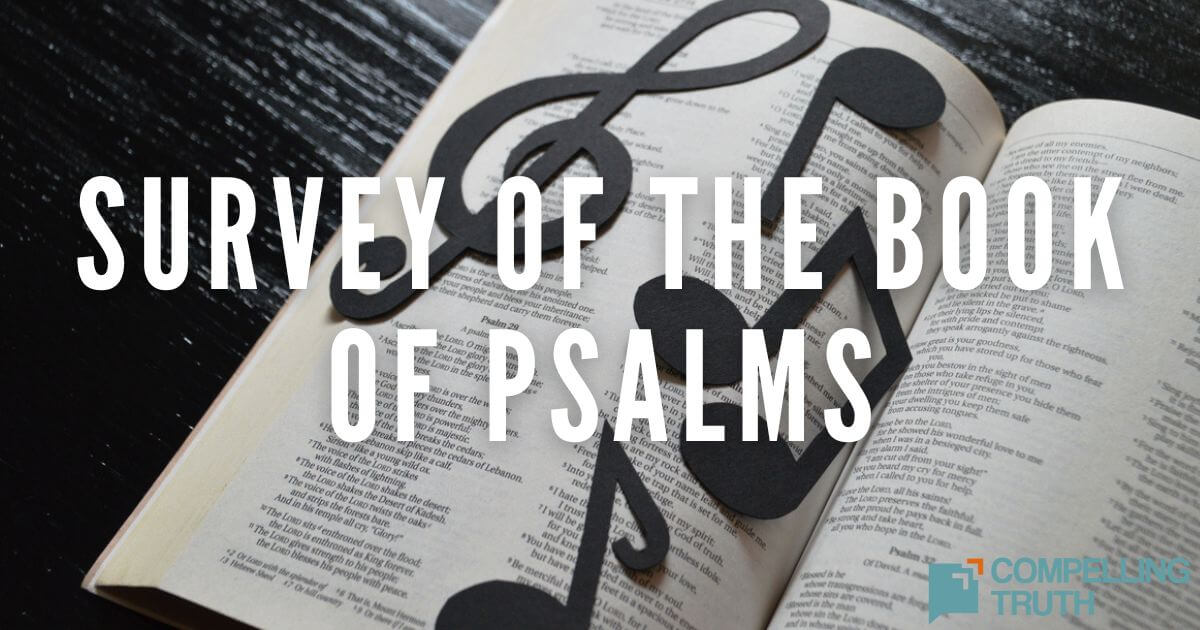Asaph was a Levite appointed by King David who served as chief worship leader in the tabernacle choir, playing cymbals and singing before the Ark of the Covenant. His role extended beyond music, as he was also regarded as a prophet. He wrote several psalms expressing God’s judgment and the prayers of God’s people in response to what was happening around them. Asaph proclaimed God’s judgment and pointed people to seeking the Lord in times of trouble. He used his gift of writing and music to praise the Lord and to communicate God’s character and truth to a needy world.
We are called to glorify God–to honor and reveal His greatness– in all we do (1 Corinthians 10:31). God has individually gifted us, wired us, and given us passions that uniquely reflect Him to a world that needs Him. Asaph used his gifts and talents to bring truth, even difficult truth, to the Israelites in a melodic, creative way.
We were created to worship God (Psalm 29:1–2; 1 Corinthians 10:31; Ephesians 1:3–6; Philippians 2:9–11). This is not just about singing songs. It is about praising, adoring, and expressing honor to God in all we do. Worship is a way of life that glorifies God and reflects His magnificence to others. God is our Creator (Acts 17:28; James 1:17; Revelation 4:11), Redeemer (Colossians 1:12–13; 1 Peter 1:3), and Lord (Psalm 22:27). He has saved us (Titus 3:5) and given us life abundantly through His Son (John 1:4; 10:10). Like Asaph, we can worship God in everything we do by using the unique ways He has wired us and the opportunities He has given us to honor Him and make Him known.




